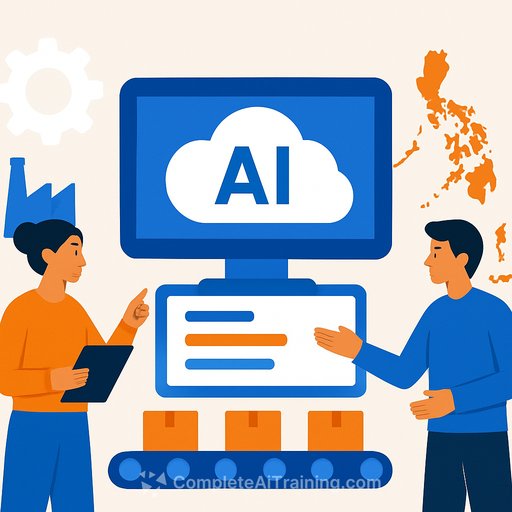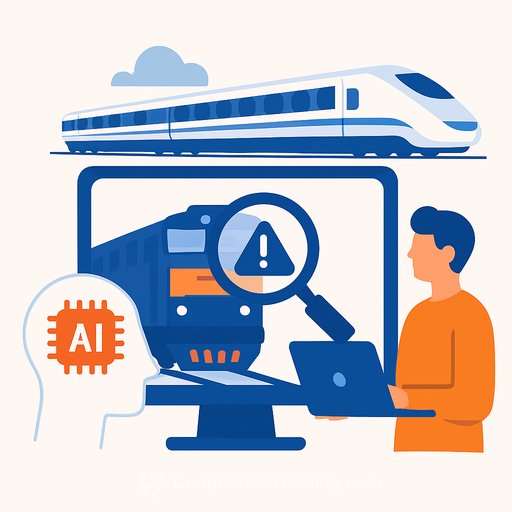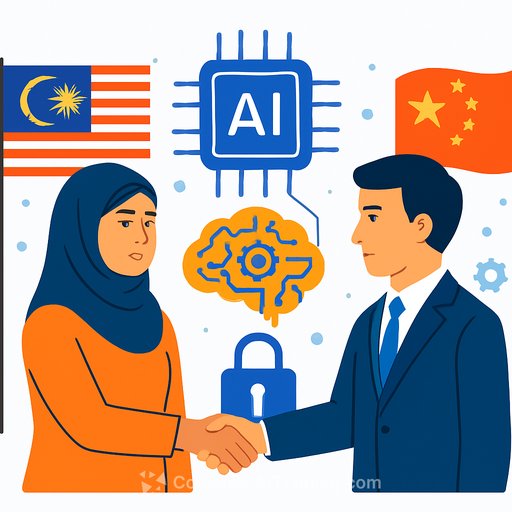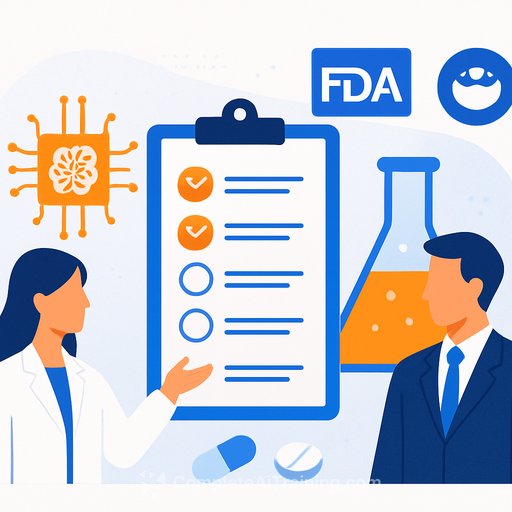IBM and NREL Team Up to Build AI Solutions for Resilient Supply Chains in Southeast Asia
IBM is partnering with the National Renewable Energy Laboratory (NREL) through the IBM Impact Accelerator, a pro-bono program that helps public and private organizations deploy AI for environmental and economic resilience.
The initiative targets supply chains across Southeast Asia-specifically Singapore and Indonesia-using AI to optimize resources, modernize logistics, cut emissions, and improve digital readiness.
CAKE: An AI-Based Data Sharing Platform
The collaboration will develop the Community Associated Knowledge Environment (CAKE), an AI-based data sharing platform focused on food, energy, and water systems. CAKE will provide real-time analysis and visualization for policymakers, NGOs, and businesses.
"We hope this project delivers a strong and scalable data management system to reduce supply chain risk while improving performance," said Doug Arent, Executive Director of the NREL Foundation.
Two-Year Plan, Two Phases
The work spans two years and will roll out in two phases. Phase one uses IBM Garage methodology to co-design solutions with stakeholders on the ground.
In the next phase, IBM will help participants implement technology that delivers social and environmental benefits. "IBM is committed to supporting growth in Southeast Asia and, through this collaboration with the NREL Foundation, wants to further drive development with AI," said Catherine Lian, General Manager and Technology Leader, IBM ASEAN.
IBM has committed up to 45 million US dollars over five years in funding, technology, and services through the Impact Accelerator to address environmental and economic challenges globally.
What IT and Dev Teams Should Prepare For
- Data integration and standards: Plan for multi-source ingestion, shared schemas, metadata, and clear data contracts. Prioritize APIs and documented data products.
- Streaming and observability: Expect event-driven data for real-time visibility. Set up streaming pipelines, SLAs, and end-to-end monitoring from ingest to dashboard.
- MLOps and reproducibility: Use versioned datasets, model registries, automated testing, drift detection, and rollback paths.
- Security and governance: Enforce least-privilege access, fine-grained policy controls, audit logs, and region-aware data residency (critical across ASEAN jurisdictions).
- Interoperability: Favor open formats and modular components. Avoid lock-in at the data layer and for core pipeline tooling.
- Emissions and sustainability metrics: Support GHG accounting (including Scope 3 estimates) and tie model outputs to trackable KPIs.
- Resilience modeling: Build what-if simulations, inventory and lead-time forecasting, and disruption alerts that teams can act on quickly.
- User-first visualization: Deliver clear dashboards for policymakers and operations teams. Keep controls simple, push context, and expose API endpoints for programmatic use.
High-Level Architecture You Can Reuse
While details will vary, a practical pattern looks like this: a secure data exchange layer (APIs, streaming, batch), a governed lakehouse for shared datasets, a real-time processing layer, an analytics and ML layer with feature stores and model serving, and a presentation layer for dashboards and programmatic access. Wrap it with identity, policy-as-code, lineage, and audit trails.
Why This Matters in Southeast Asia
Food, energy, and water systems are tightly linked across borders. Weather, grid strain, and logistics bottlenecks ripple fast. AI that connects datasets and gives near real-time insight can cut delays, reduce waste, and support decarbonization goals-while making decisions visible to both public and private stakeholders.
Learn More
If you're building skills for AI-driven operations and analytics, explore role-based upskilling here: Complete AI Training - Courses by Job.
Your membership also unlocks:






